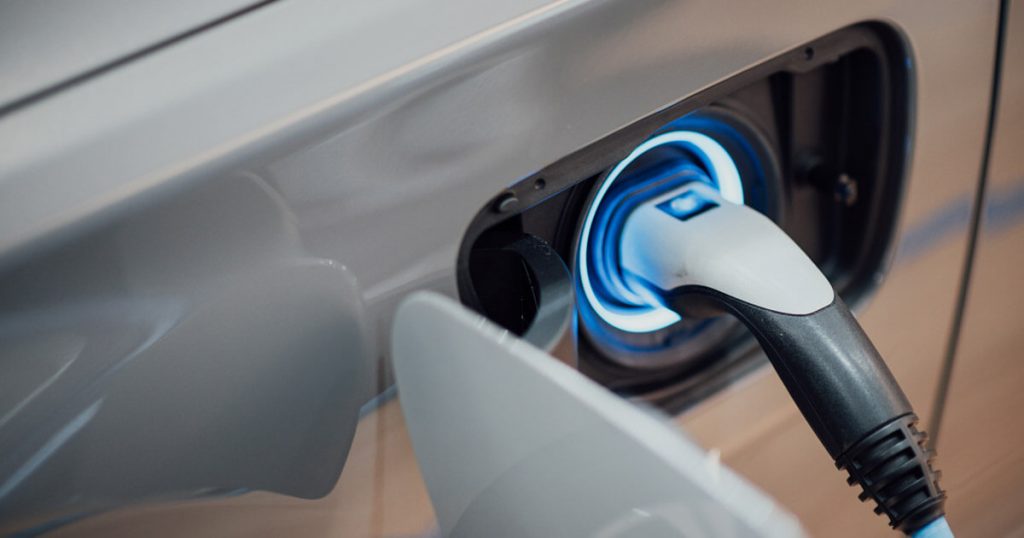
 setREVStartSize({c: 'rev_slider_12_1',rl:[1240,1024,778,480],el:[445],gw:[1240],gh:[445],type:'standard',justify:'',layout:'fullwidth',mh:"0"});if (window.RS_MODULES!==undefined && window.RS_MODULES.modules!==undefined && window.RS_MODULES.modules["revslider121"]!==undefined) {window.RS_MODULES.modules["revslider121"].once = false;window.revapi12 = undefined;if (window.RS_MODULES.checkMinimal!==undefined) window.RS_MODULES.checkMinimal()}
setREVStartSize({c: 'rev_slider_12_1',rl:[1240,1024,778,480],el:[445],gw:[1240],gh:[445],type:'standard',justify:'',layout:'fullwidth',mh:"0"});if (window.RS_MODULES!==undefined && window.RS_MODULES.modules!==undefined && window.RS_MODULES.modules["revslider121"]!==undefined) {window.RS_MODULES.modules["revslider121"].once = false;window.revapi12 = undefined;if (window.RS_MODULES.checkMinimal!==undefined) window.RS_MODULES.checkMinimal()}
The complexities of charging technologies and infrastructure have been the focus of Qcom’s electric vehicle (EV) trial over the last couple of months.
We are trialling the suitability of electric cars for use by our field service engineers as they deliver repairs, maintenance and technical services on technology products around the UK.
The trial Kia e-Niro is being currently being used by a Qcom field supervisor based in the South-East of England, where we anticipated we would find the best charging infrastructure.
While this has by-and-large turned out to be the case, the practicalities of using that infrastructure have not been as straightforward as we might have expected.

For a start, we have experienced significant trial and error in identifying and comparing charging options and and costs for the car’s 65kw battery.
While many charging stations advertise 22kwh AC charging, for example, the e-Niro maximum charge rate on AC is only 11kwh. Many free charging services are rated at just 7kwh, which is the same as home charging, resulting in a 7-8 hour charging time to full.
Although DC charging is many times faster, the highest advertised rates of 150kwh translate into just 77kwh on the e-Niro. This generally makes a 50kwh DC service a much better option, takng just two hours to charge the car to full.
In addition to identifying the best type of charging to use, the differing pricing models from each supplier have made it difficult to make straight cost comparisons.
While suitable charging hubs are widely available aross the areas we have covered on the trial, we have found many of them to be expensive at 30p per kw or more. The very fastest can be as much as 67p per kw. As already mentioned, the free chargers are generally too slow in general business use, for anything other than an occasional top up.
In general, we have so far found BP Pulse facilities to be the best compromise between price, speed and availability. At 15p kw for a 50kwh charger, this is cheaper than most home tariffs, but it does require a monthly payment of £7.95 to access. Corporate accounts are available for three or more cards, which will be useful as and when we scale up to more vehicles on the back of this trial.
Qcom operations manager Rob Heritage said: “One of our early learning points from this trial has been the need to find new ways to monitor and manage fuel costs, and to remunerate EV-driving staff for those costs.
“Unlike with traditional fossil fuels there are wide variations in the time and costs involved in the different refuelling options, so it will be important to help each driver identify the right options for them and the company.”
You can read more here about our EV trial, or more here about Qcom’s field engineering and support services.